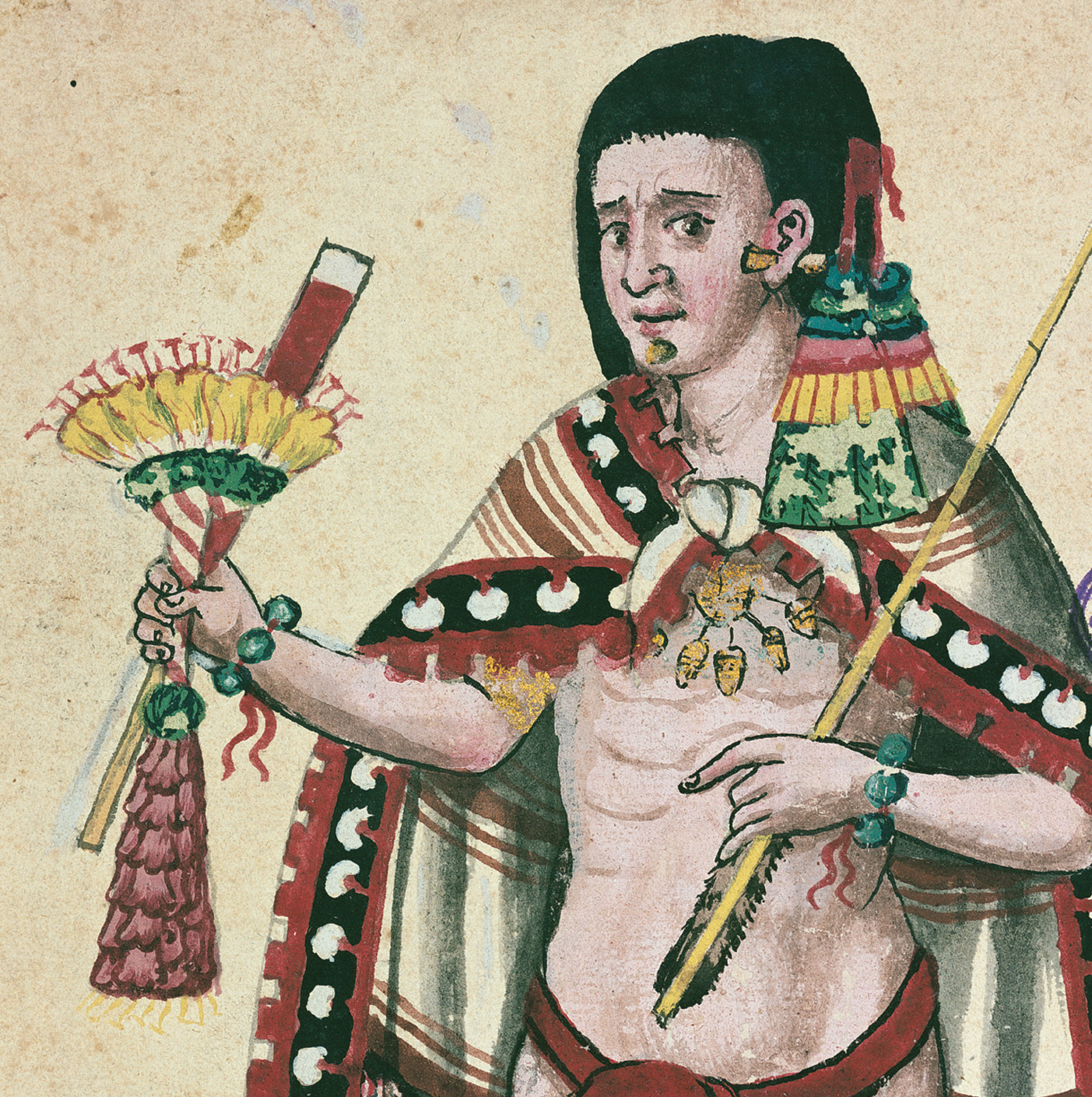16.1
16
The Acceleration of Global Contact
1450–1600
Before 1500 Europeans were relatively marginal players in a centuries-old trading system that linked Africa, Asia, and Europe. Elite classes everywhere prized Chinese porcelains and silks, while wealthy Chinese wanted ivory and black slaves from East Africa and exotic goods and peacocks from India. African people wanted textiles from India and cowrie shells from the Maldives. Europeans craved spices and silks, but they had few desirable goods to offer their trading partners.
The Indian Ocean was the locus of these desires and commercial exchanges, which sparked competition among Arab, Persian, Turkish, Indian, African, Chinese, and European merchants and adventurers. They fought each other for the trade that brought great wealth. They also jostled with Muslim scholars, Buddhist teachers, and Christian missionaries, who competed for the religious adherence of the peoples of Sumatra, Java, Borneo, and the Philippine Islands.
The European search for better access to Asian trade goods led to a new overseas empire in the Indian Ocean and the accidental discovery of the Western Hemisphere. With this discovery South and North America soon joined an international network of trade centers and political empires, which Europeans came to dominate. The era of globalization had begun, creating new forms of cultural exchange, assimilation, conversion, and resistance. Europeans sought to impose their cultural values on the peoples they encountered while struggling to comprehend them and their societies. The Age of Discovery from 1450 to 1650, as the time of these encounters is known, laid the foundations for the modern world as we know it today.
